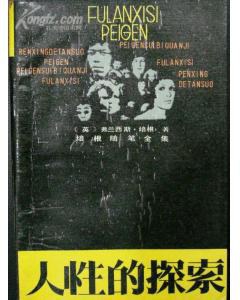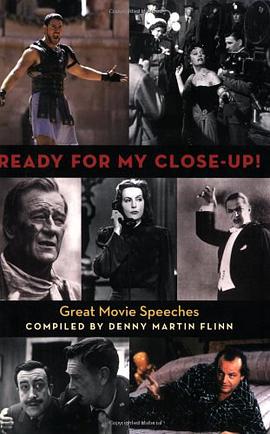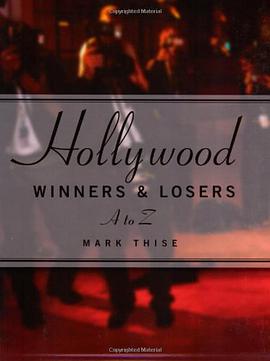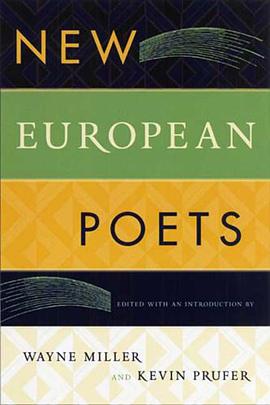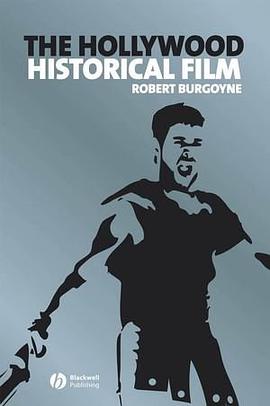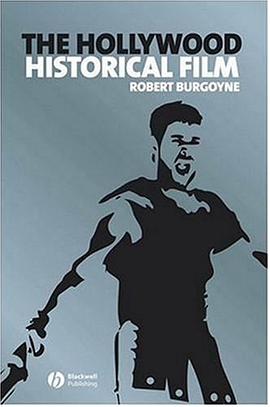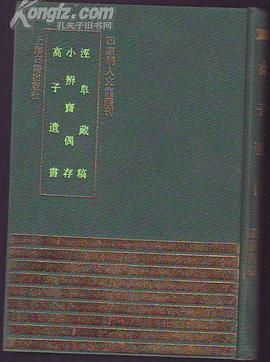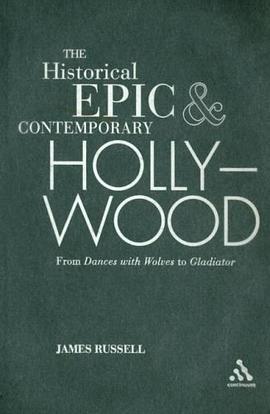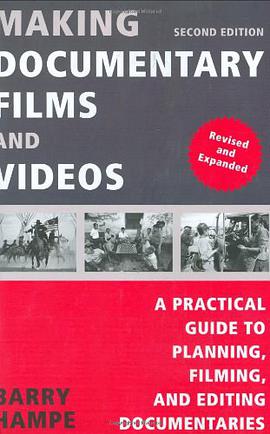

Released between 1955 and 1959, the three films that became known as Satyajit Ray's "Apu Trilogy" introduced a major new filmmaking talent to the world. Based on a classic Bengali novel, "The Song of the Road" by Bibhutibhusan Banerji, the trilogy traces the life of its young hero, Apu, starting in "Pather Panchali" (1955) with Apu's boyhood in a remote Bengali village. "Aparajito" ("The Unvanquished") (1956) follows Apu's adolescence and growing ambitions in the slums of Benares, while in "Apur Sansa" ("The World of Apu") (1959) the tragic end of a brief marriage leads to Apu's self-imposed exile and final reconciliation with his young son. Ray, a passionate cinephile with a background in advertising, had no practical knowledge of film-making when, with a group of equally inexperienced friends, a largely amateur cast and infinitesimal budget, he embarked on "Pather Panchali". Despite this, his intelligence, acute dramatic instinct and poet's eye created a film that won awards at Cannes and was hailed as a revelation, and has retained its status as a classic of world cinema ever since. Philip Kemp's wide-ranging and insightful study of the trilogy traces the genesis of 'Pather Panchali' and its two sequels, placing the films in the wider context of Indian cinema and of Ray's subsequent career, highlighting the warmth and insight of Ray's direction and analysing the overarching cyclical structure that makes the trilogy such a satisfying and moving experience. Satyajit Ray went on to make nearly thirty more films, many of them more complex and sophisticated than the Trilogy, but this seminal early work still holds pride of place in the affection of his admirers.
具体描述
读后感
评分
评分
评分
评分
用户评价
相关图书
本站所有内容均为互联网搜索引擎提供的公开搜索信息,本站不存储任何数据与内容,任何内容与数据均与本站无关,如有需要请联系相关搜索引擎包括但不限于百度,google,bing,sogou 等
© 2025 book.wenda123.org All Rights Reserved. 图书目录大全 版权所有





